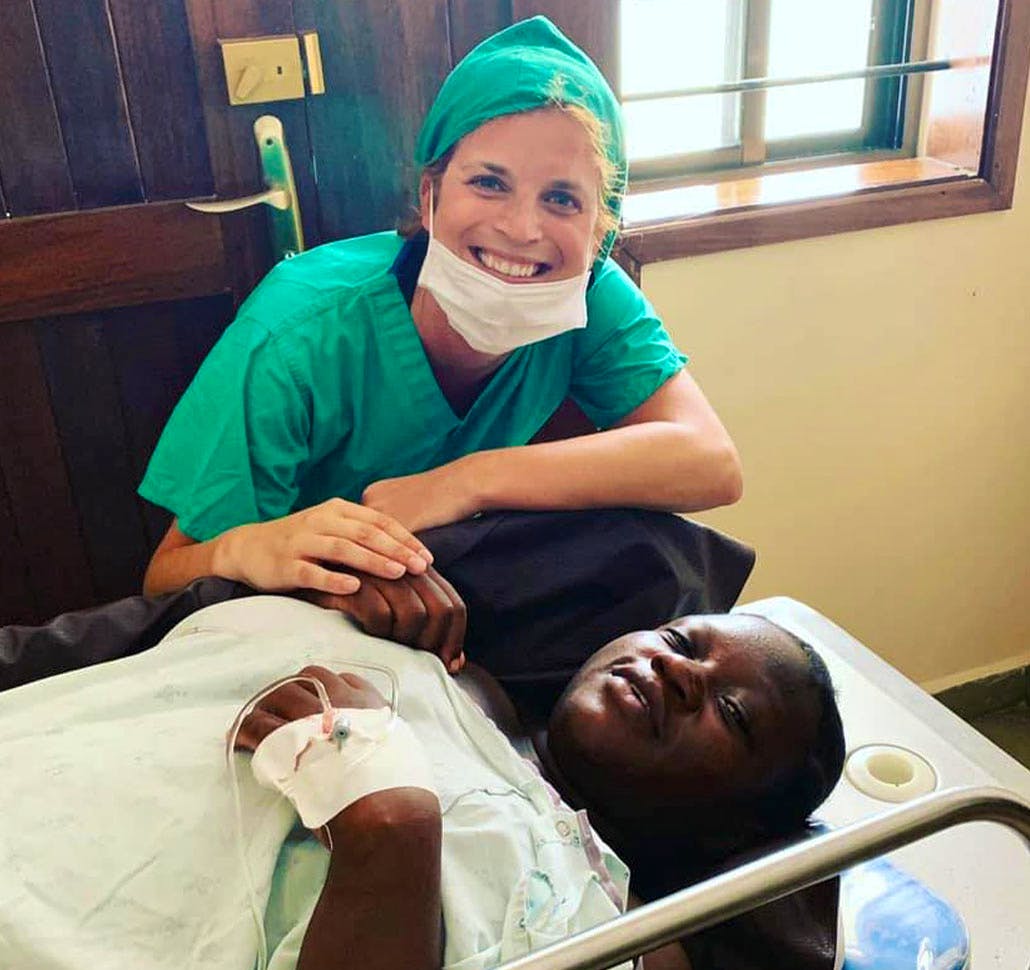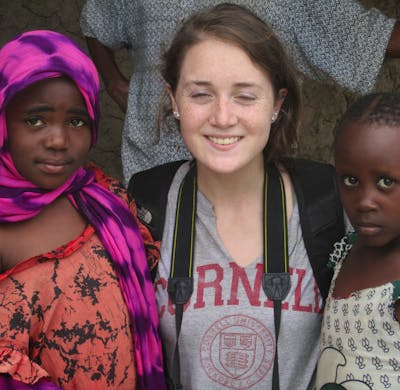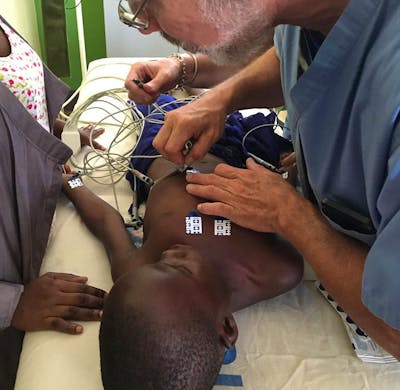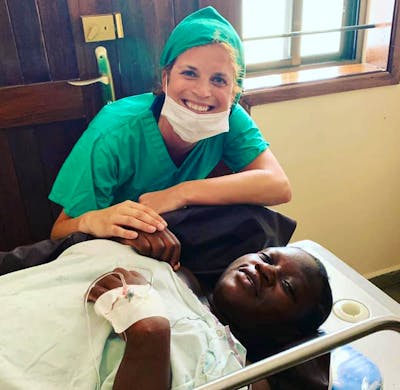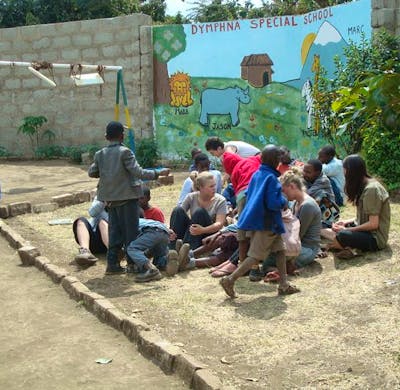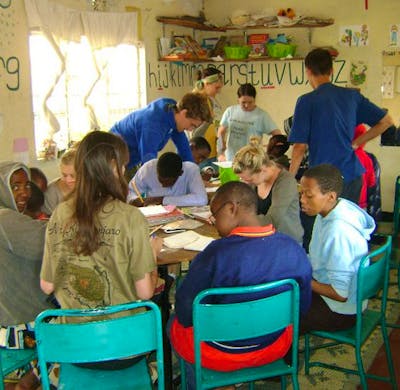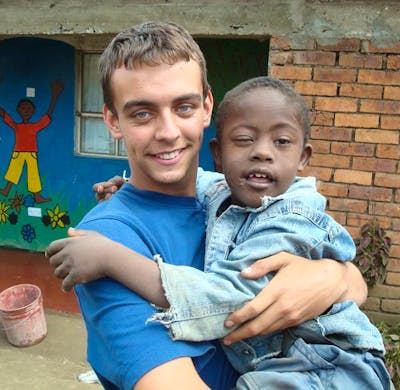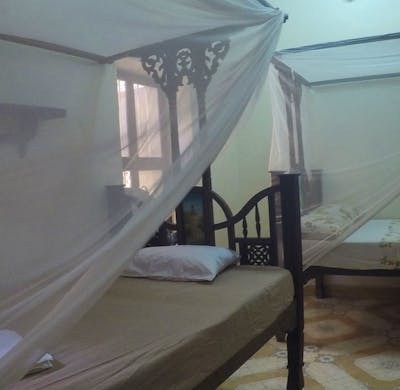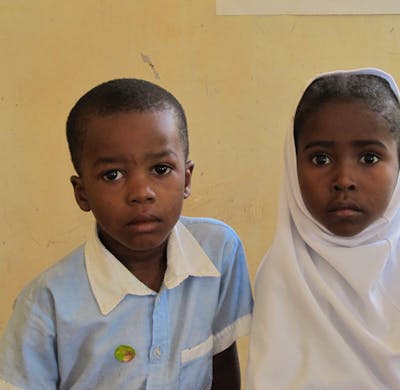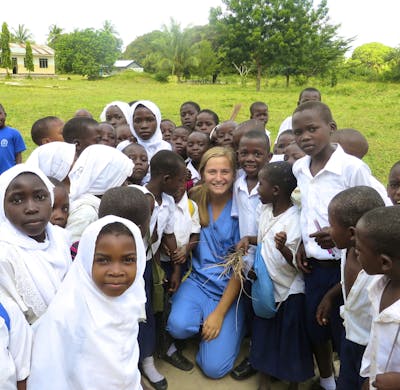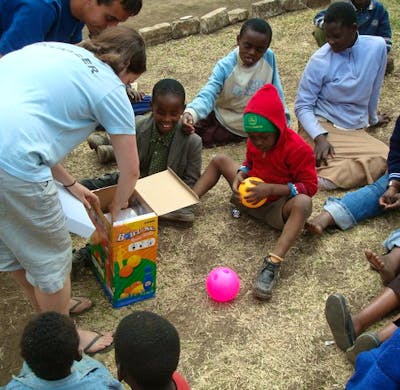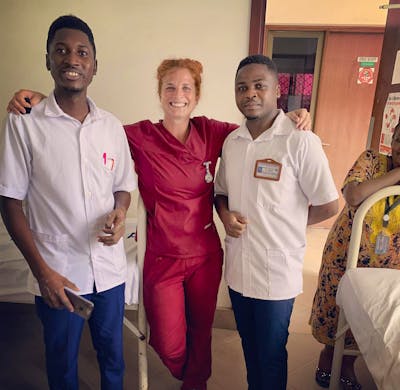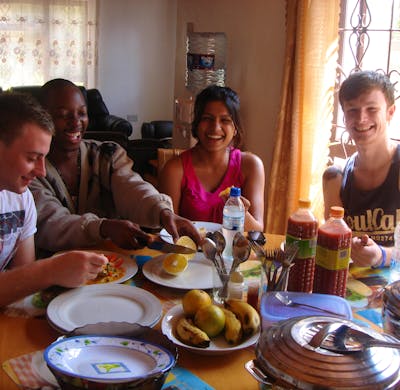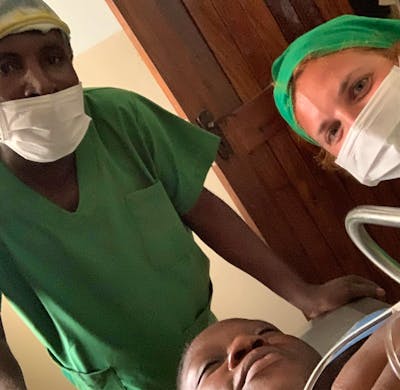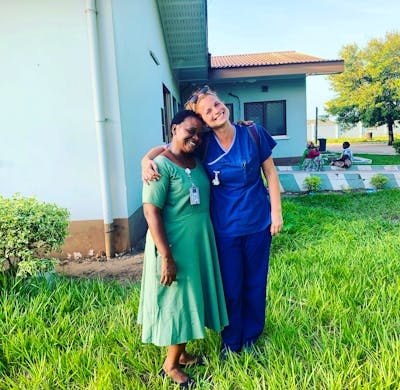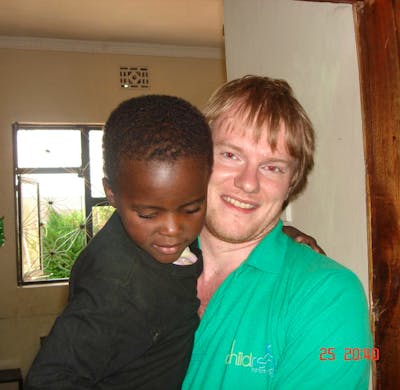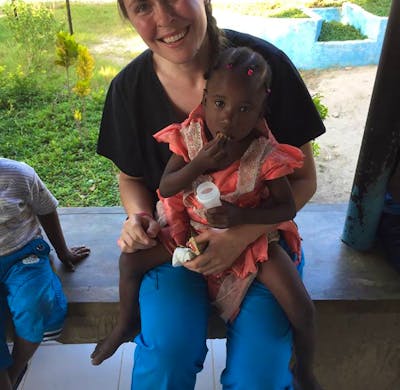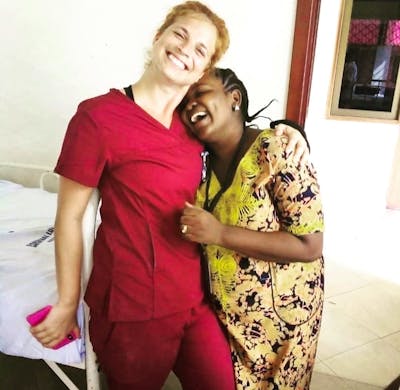2021 at Medical Students Internship
Nurse Assistant Medical Center
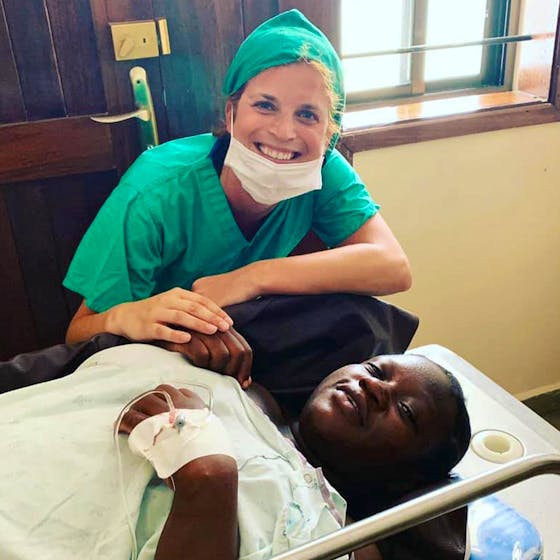

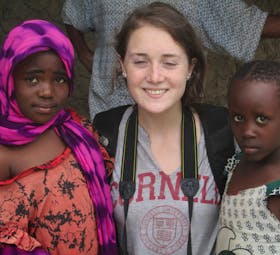
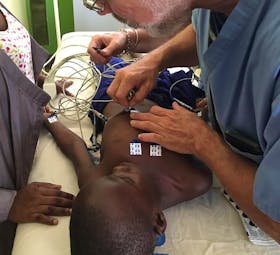

Destaques
- Enjoy unforgettable volunteering experience coupled with unforgettable Tanzanian cultural experience.
- Come and experience the difference passionate volunteers can make to lives of people.
- See what the land of unforgettable experience and cultural diversity has to offer, while creating understanding and friendship with the local people
- Come and volunteer with us not for us, we are far more interested with your skills and desire to help than anything.
- Experience unforgettable wilderness by visiting the Serengeti, Ngorongoro and Kilimanajro to name a few.
- Enjoy unforgettable volunteering experience coupled with unforgettable Tanzanian cultural experience.
- Come and experience the difference passionate volunteers can make to lives of people.
- See what the land of unforgettable experience and cultural diversity has to offer, while creating understanding and friendship with the local people
Especialmente adequado para
Sobre o programa
Nurses, Nurse students and medical practitioner are invited in our Hospitals and medical centers in Arusha to assist in medical service provision. Volunteer in Tanzania
We are a non-profit organisation, ...
Dia típico
In general, expect to work 4-6 hours per day. Volunteers usually wake up early, around 7 or 8 and have breakfast. After breakfast, their workday begins, usually somewhere between 8 and 10 AM.
There will be lunch in the middle of the day, around 12. Your workday will usually end around 2 or 3 PM.
Actividades em tempo livre
Tanzania is a big country full of exciting adventure. If you want to stay on in country after volunteering, we’ll help you arrange any number of trips and activities. You can go on safari through the Serengeti or Ngorogoro- which has the highest density of safari animals anywhere on earth.
You ...
Requisitos
Serviços incluídos
O que NÃO está incluído?
Detalhes à chegada
Our program run throughout the year but Volunteer arrival is usually Friday of every week and the program start day is Monday of every week. Unless there is a special arrangement. The arriving airport is Kilimanjaro International Airport Arusha.
Preços do programa
Conheça seu anfitrião

KIVOLEX Volunteers
Non-profit - fundada em 2010
Verificado por Volunteer World
Hospedado por

Innocent
Sobre o projecto
21 revisões ·  4.5
4.5
Localização

Pode também estar interessado em
-
Maiores de 50
Viagens Solidárias
Grupo
Hospitais
Casais
Projectos no estrangeiro
Missão Médica
